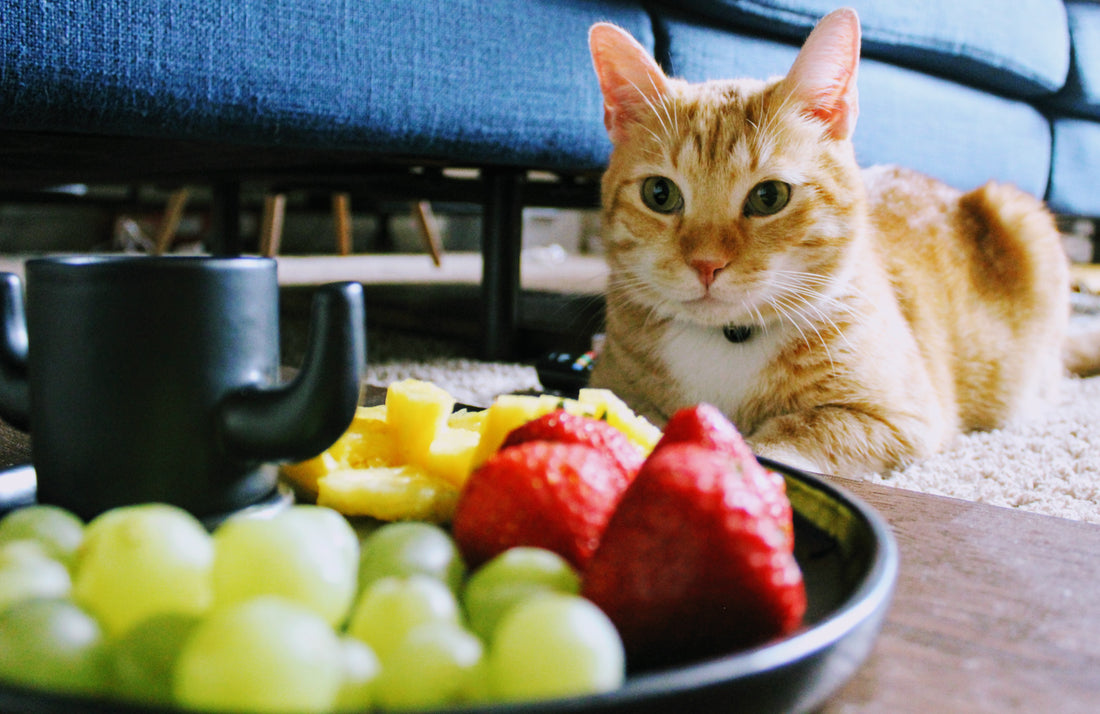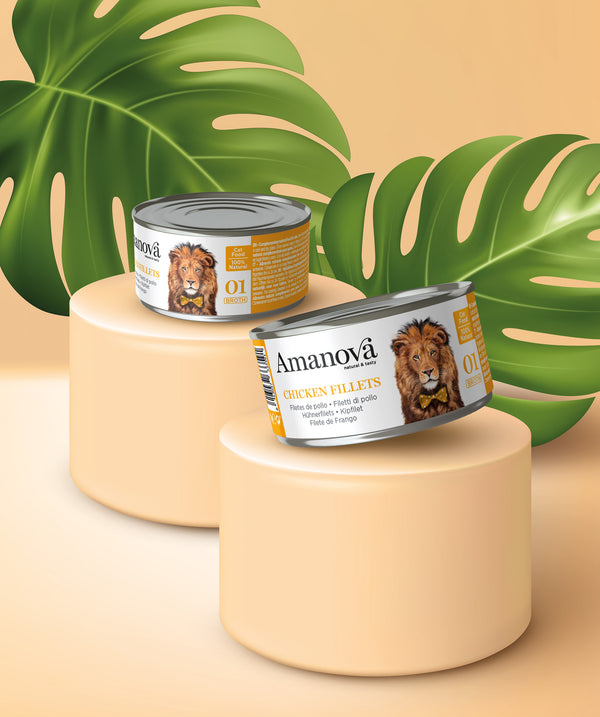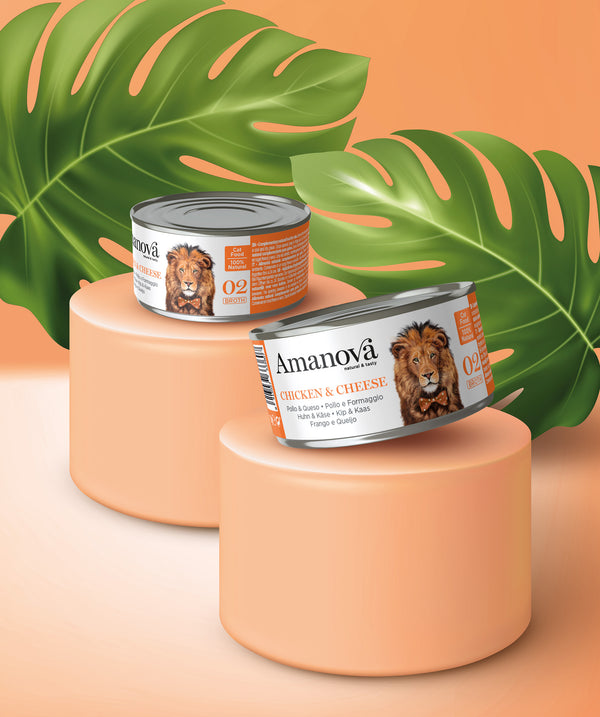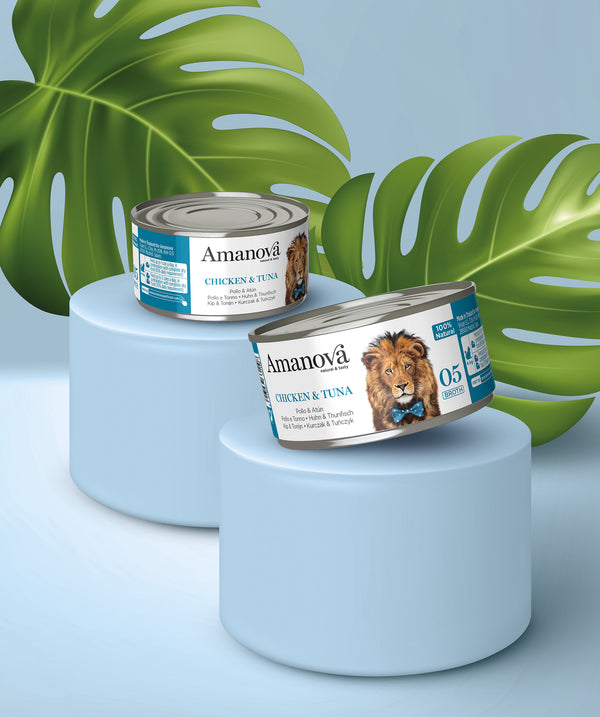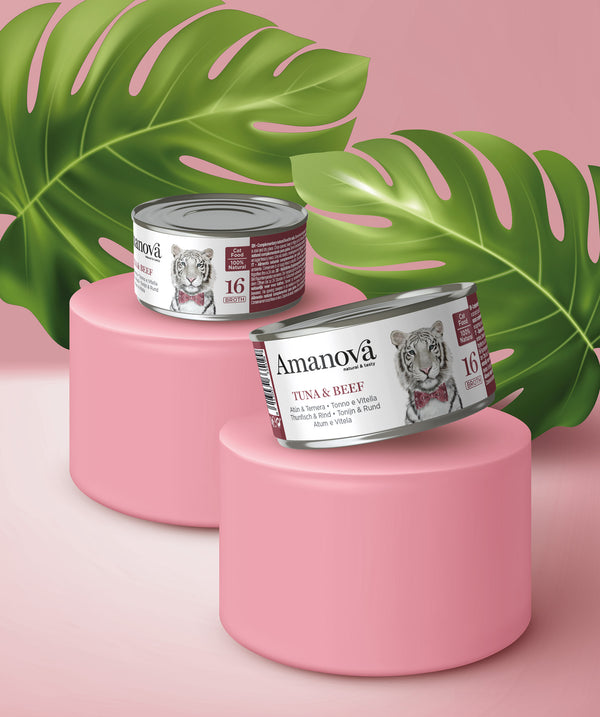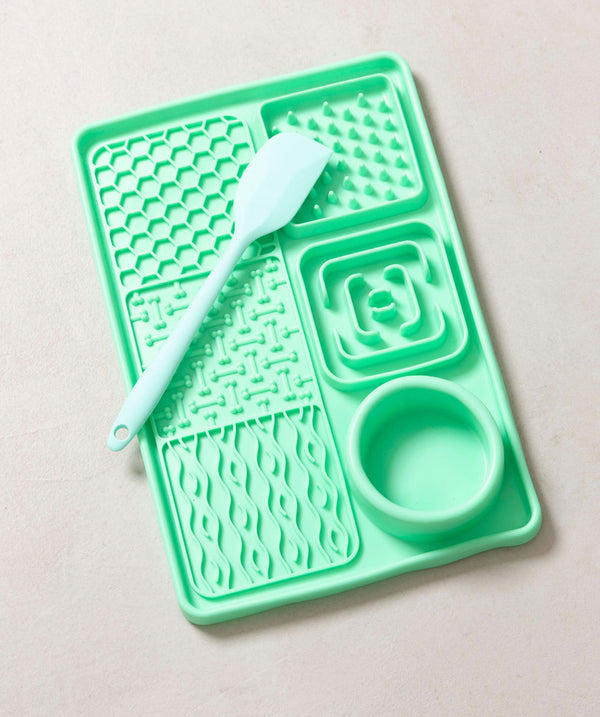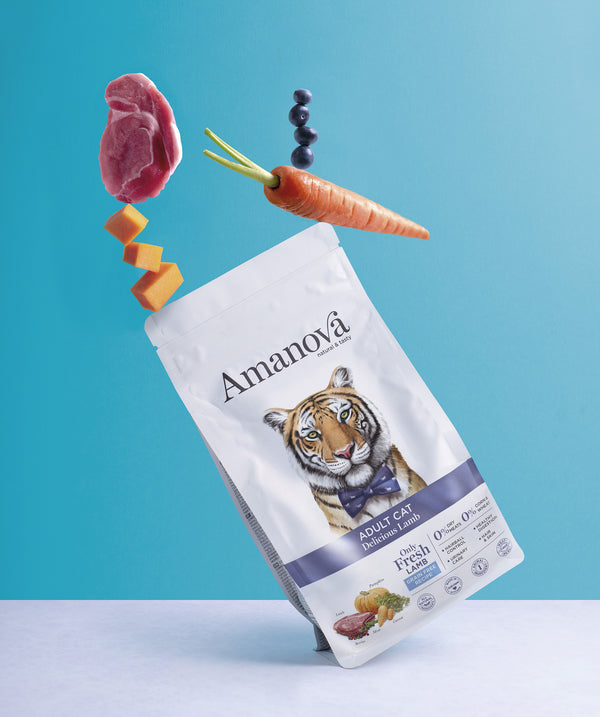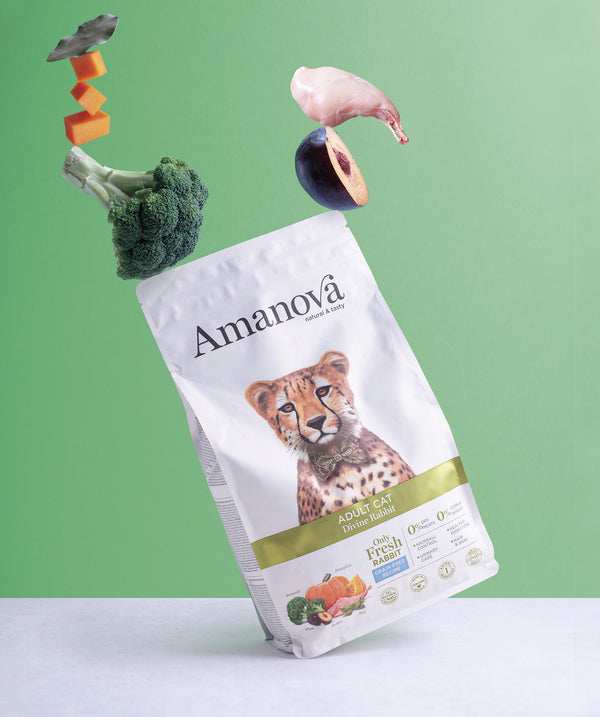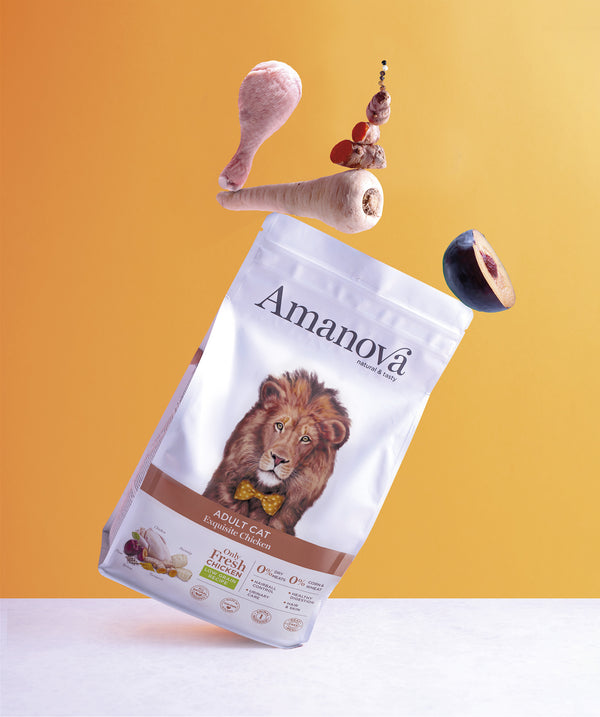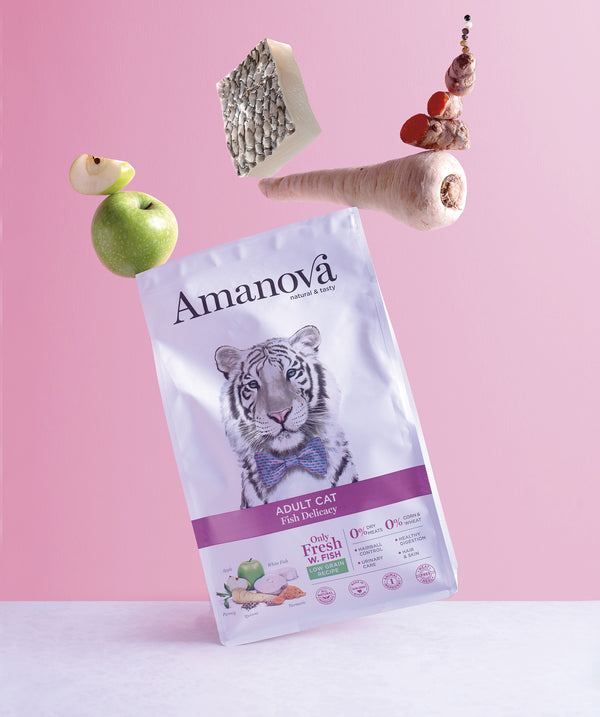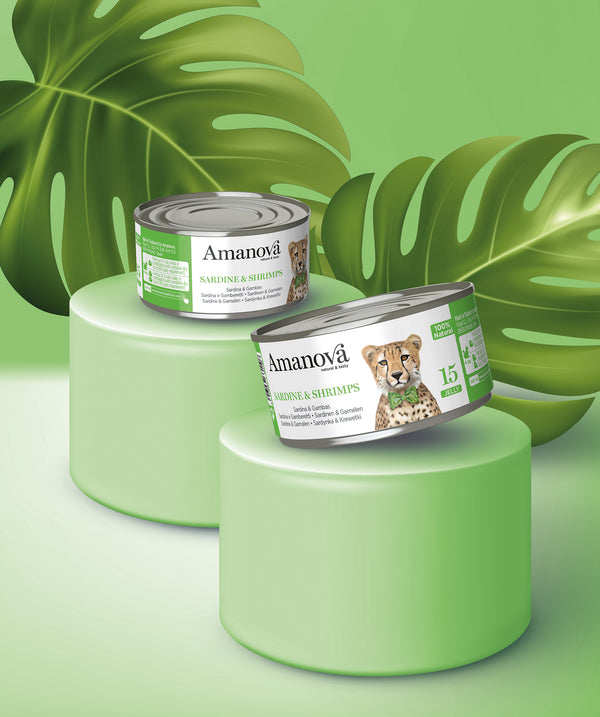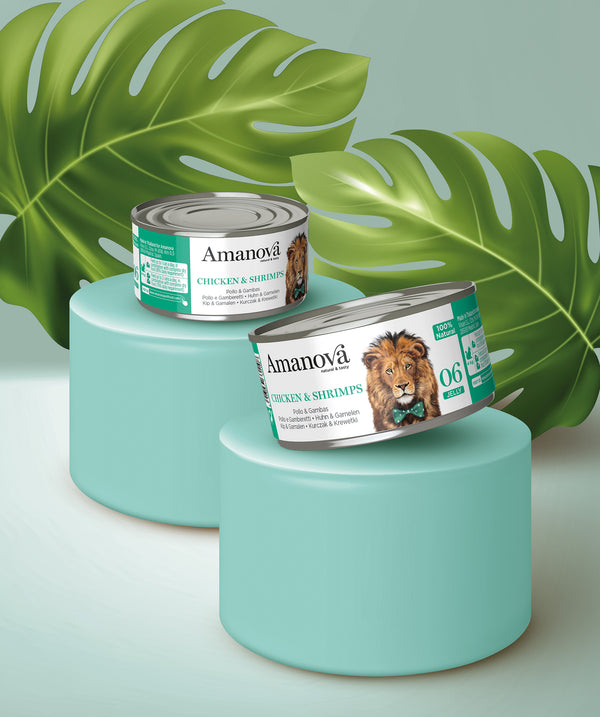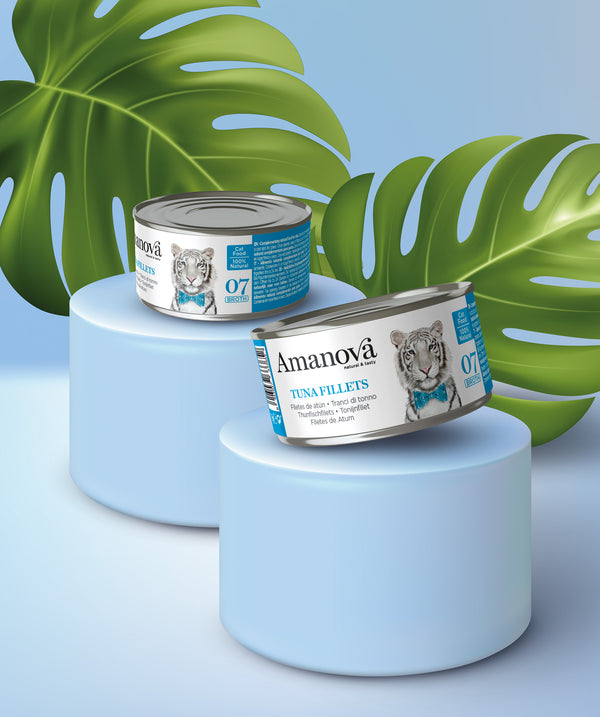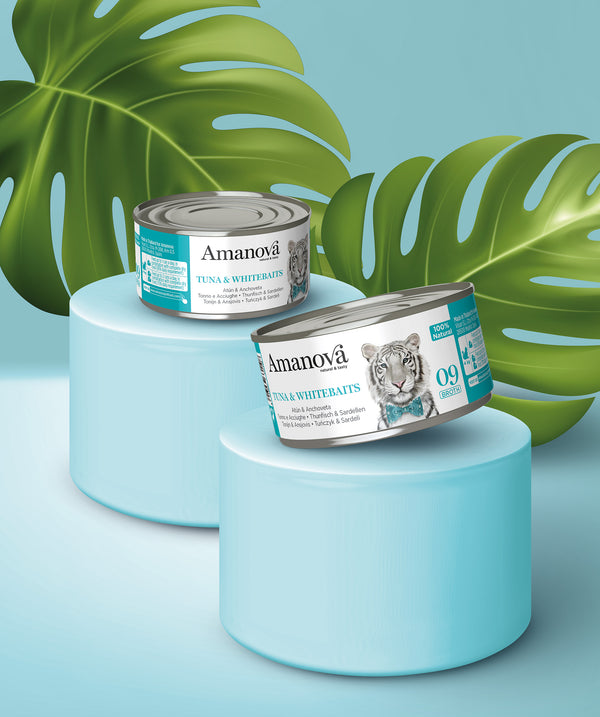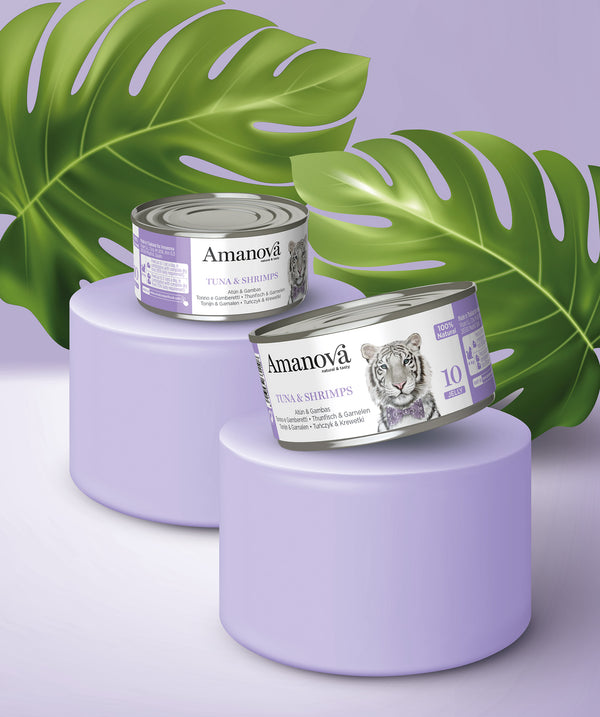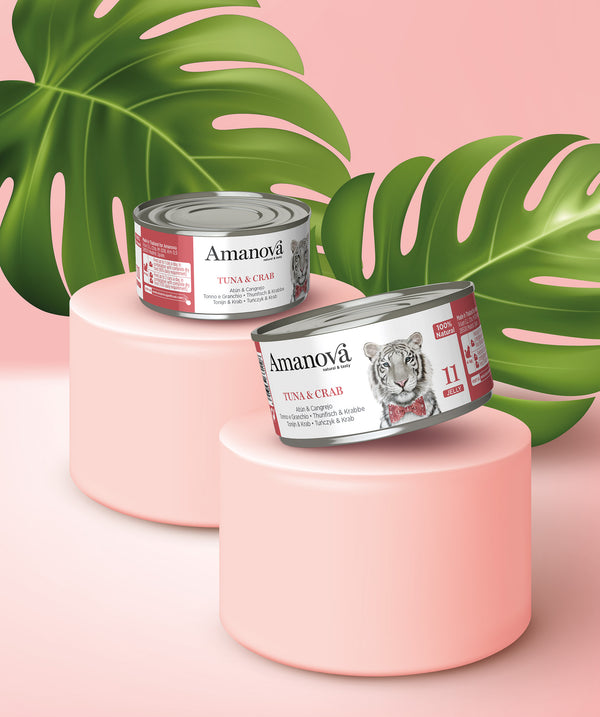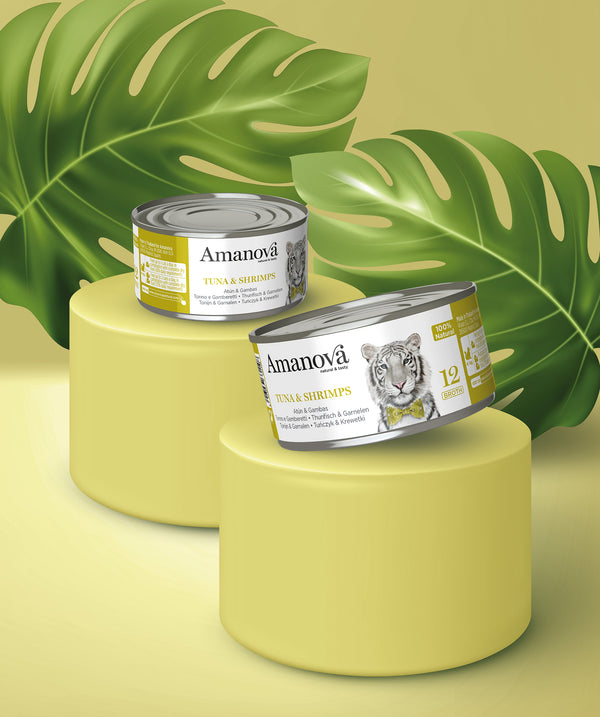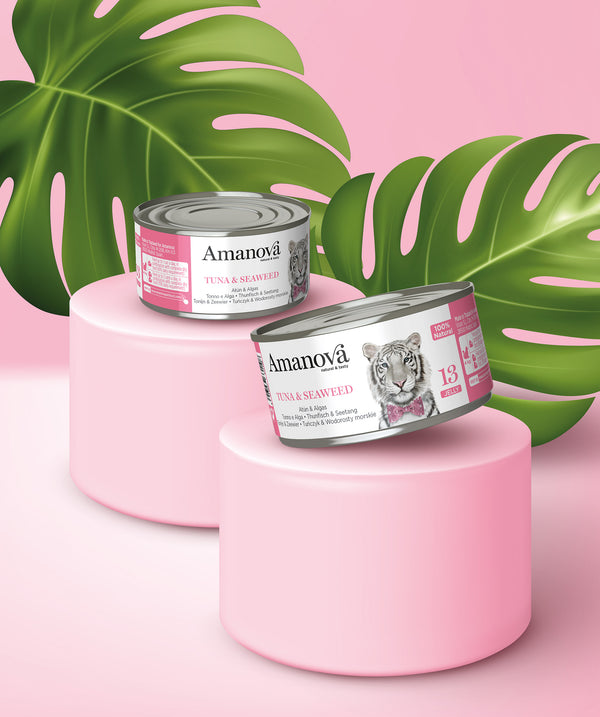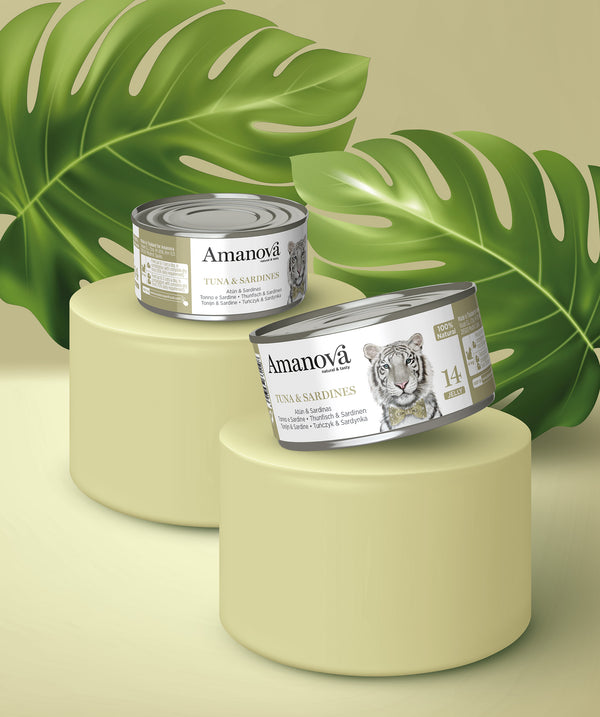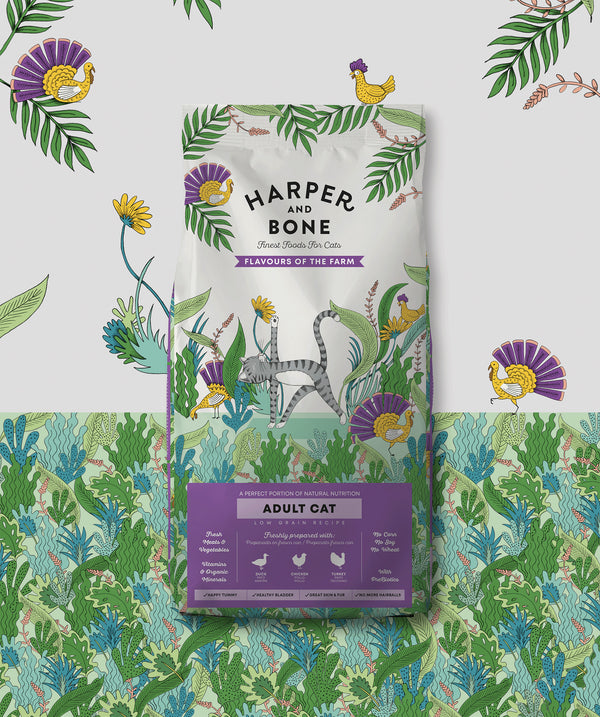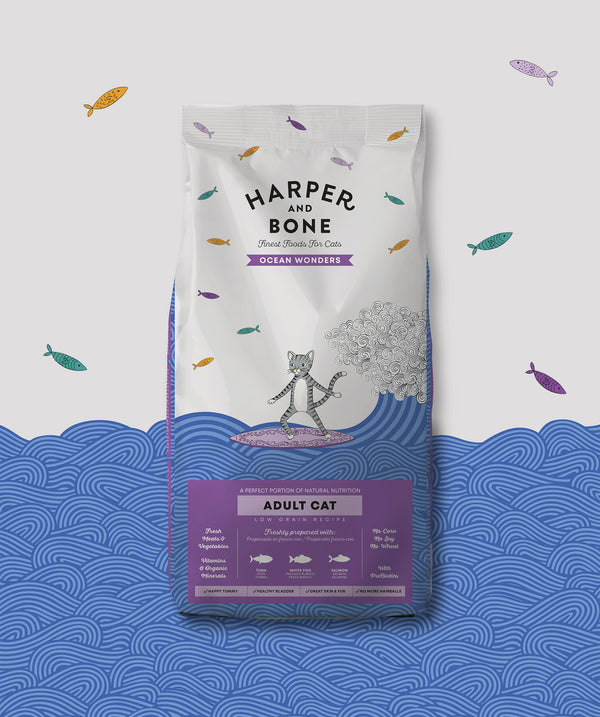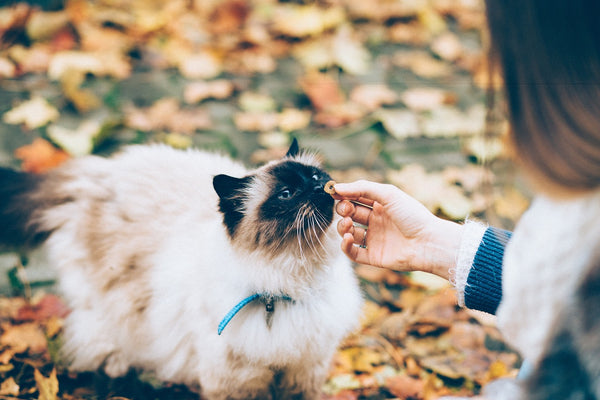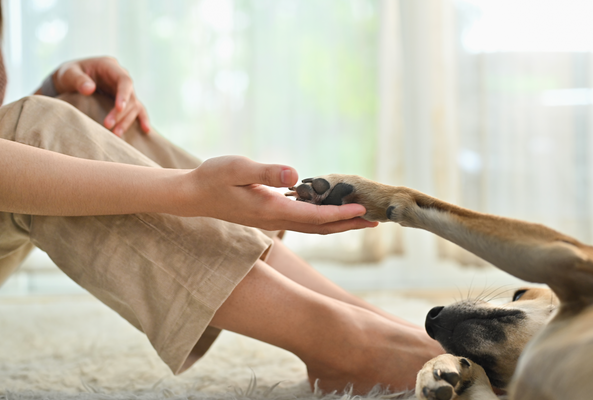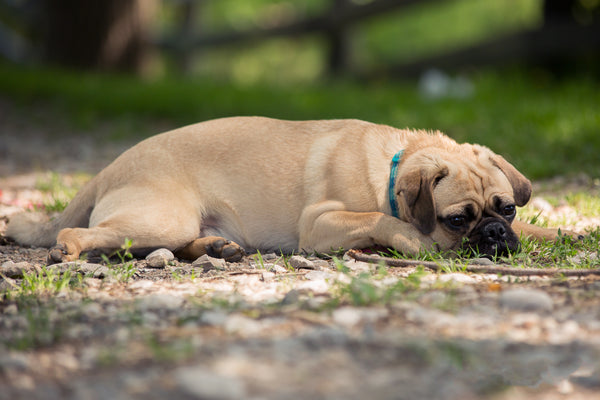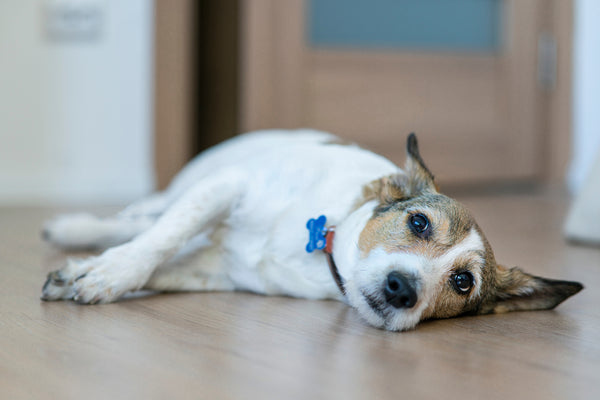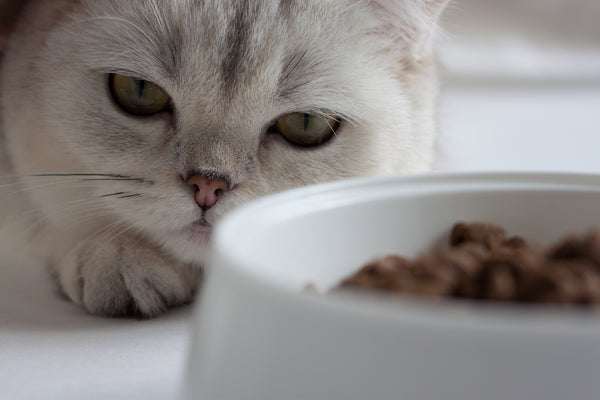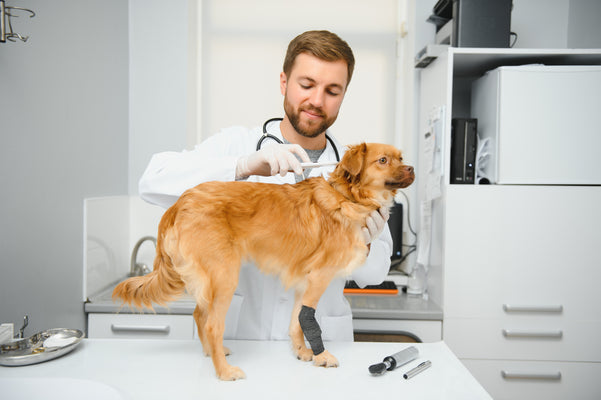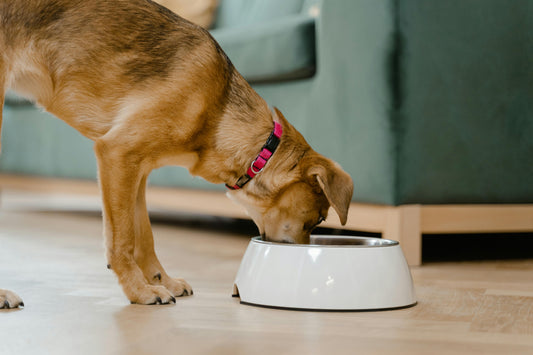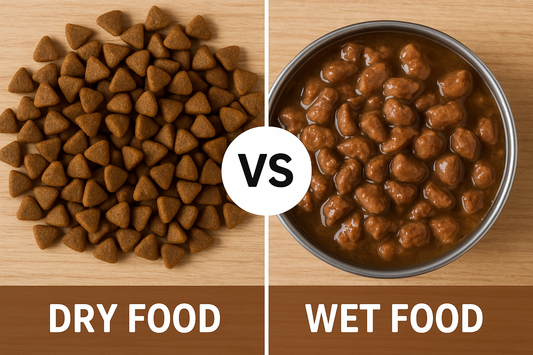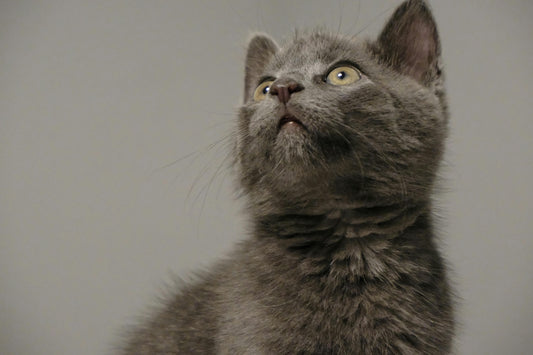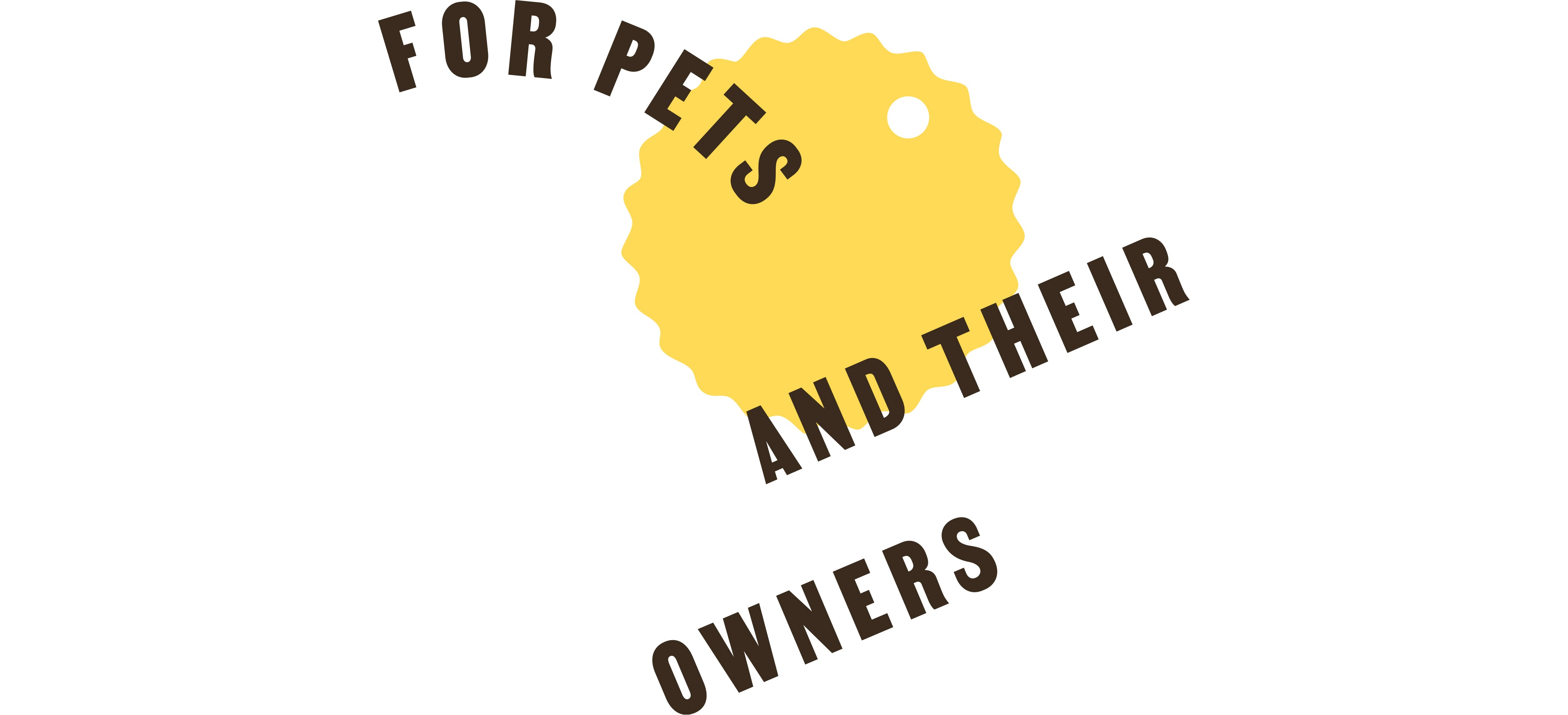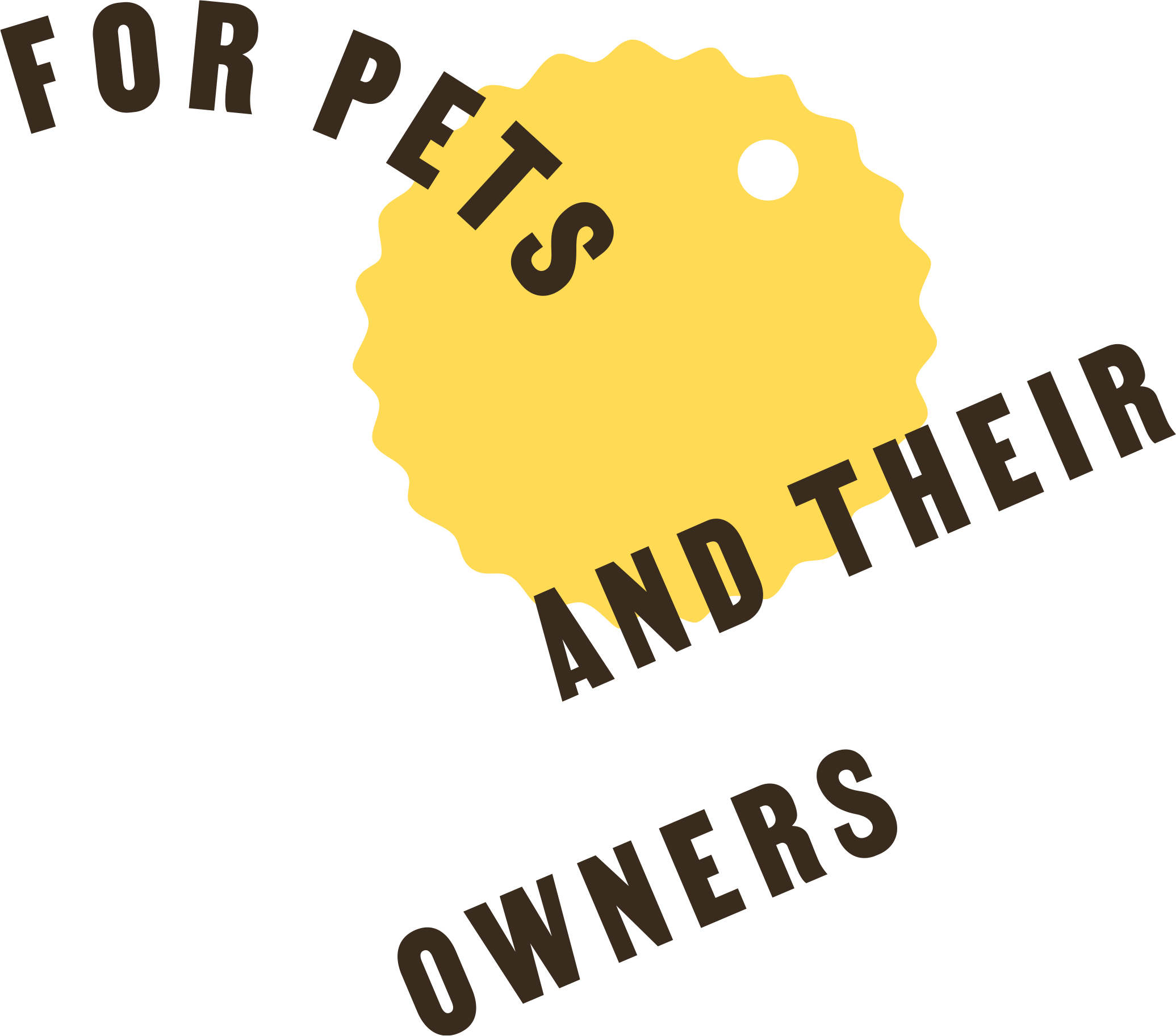Although cats are often more selective with food than dogs, they can also suffer from intoxication. That’s why you should be informed about which foods are harmful for your pet and prevent any accidents. Specifically, grapes and cats are a dangerous combination. In this article, we focus on the risks of grape ingestion for felines, explain the signs of intoxication, and provide some recommendations on how to act in such cases.
Grapes and cats: signs of intoxication and how to act
Can cats eat whole grapes? The answer is no. In fact, grape ingestion can have very serious consequences for your pet’s health. It may cause kidney failure which, ultimately, can lead to death. Some experts believe the cause of intoxication could be that cats are unable to process tannins, a substance present in this fruit. Therefore, cats must avoid grapes as well as dried raisins.
Poisoning symptoms
Vomiting is the most common symptom after ingestion of this food. Other symptoms that may appear within the first 24 hours include:
- Diarrhea and dehydration
- Loss of appetite
- Lethargy
- Weakness and tremors
- Rapid breathing
- Abdominal pain
If the cat does not receive treatment, within three days signs of kidney failure may appear, such as:
- Breath with an ammonia odor
- Excessive thirst
- Lack of urination
- Coma
How to act?
If you suspect your feline friend has eaten grapes or raisins, we recommend:
- Seek professional help immediately. It’s important that your cat is treated by a veterinarian quickly, before symptoms of kidney damage appear. Note that the toxic dose of grapes is unknown. Therefore, even if your cat eats just one grape, you should visit a professional as soon as possible.
- Do not induce vomiting. Unless expressly instructed by your veterinarian, you should never provoke vomiting in your cat.
Why are overripe fruits also harmful?
Finally, keep in mind that some fruits that are normally safe for felines can become dangerous if they are too ripe. This is mainly because they may contain mycotoxins, or fungal toxins. Mycotoxins can harm the digestive system in both cats and humans.
You can always consult your veterinarian with any questions regarding your pet’s diet. And remember, you should never start any treatment without professional supervision.
